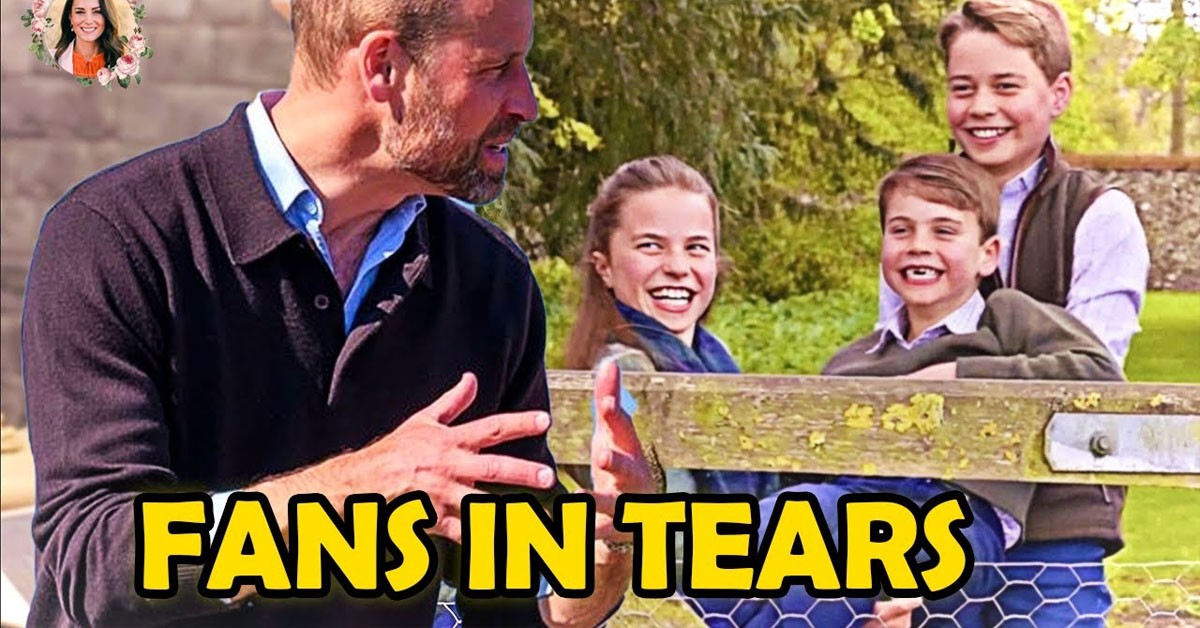Brock Lesnar has been vocal about his disdain for Hulk Hogan for years, and the animosity between them has reached new heights. What began as scripted drama has evolved into a real-life conflict that has captivated wrestling fans. In the summer of 2002, WWE was pushing Lesnar as "the next big thing." He was young, strong, and ready to take over the wrestling world. Hogan, returning to WWE after a long hiatus, was the perfect target for Lesnar to showcase his dominance.

Their match on August 8, 2002, was a pivotal moment in wrestling history. Lesnar, then just 25, faced off against the 49-year-old Hogan in a clash that symbolized the passing of the torch. From the start, Lesnar established his dominance, tossing Hogan across the ring and controlling the match with his athletic prowess. The brutal conclusion, featuring a steel chair attack, left fans stunned and marked a significant turning point in both wrestlers' careers.
Fast forward to 2014, and both men had significant changes. Lesnar had become a UFC champion and returned to WWE with unprecedented leverage, while Hogan's career had taken unexpected turns.During a segment celebrating Hogan's 61st birthday, Lesnar's unexpected intrusion shifted the atmosphere from celebration to confrontation. His disrespectful comments, especially in front of Hogan's family, crossed a line that many fans and commentators noted.

Lesnar's words, "Party's over, Grandpa," were not just a scripted line; they were a personal jab that revealed the depth of their rivalry. Hogan's subsequent reaction highlights how deeply this insult impacted him and his family. This incident highlights the evolving dynamics within WWE, where younger stars like Lesnar could challenge the traditional respect afforded to veterans like Hogan. Lesnar's unique position allows him to push boundaries that others might not dare to cross.

